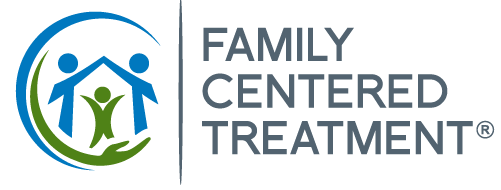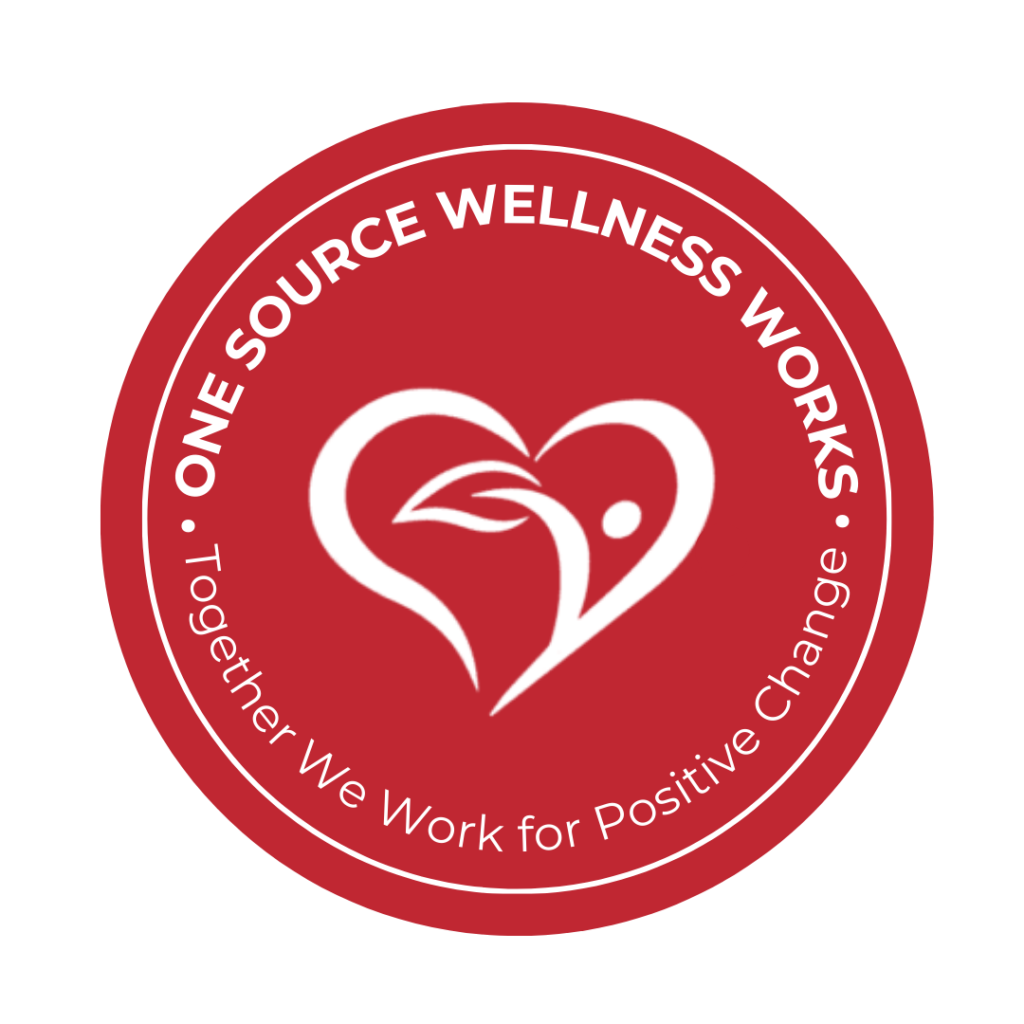How to Overcome New Job Anxiety

Starting a new job can be an exciting opportunity for growth and advancement in your career. However, it often comes bundled with a potent mix of emotions, including new job anxiety. The fear of the unknown, the pressure to perform, and the desire to make a good impression can trigger anxiety in even the most seasoned professionals. But fear not, because in this article, we will explore strategies to help you conquer your new job anxiety and transform nervousness into confidence. Whether you’re about to embark on your first job or making a career change, these tips can be invaluable in ensuring a smooth transition.
Understanding New Job Anxiety
New job anxiety is a common experience that affects many individuals. It stems from the uncertainty of the new environment, the expectations placed upon you, and the fear of making mistakes. Recognizing that these feelings are normal is the first step towards managing them effectively.
Manage Your Anxiety Before Day One
The period leading up to your first day at a new job can be particularly nerve-wracking. To ease your anxiety, consider the following:
- Research the Company: Gain a thorough understanding of the company’s culture, values, and expectations. This knowledge will help you feel more prepared and aligned with your new workplace.
- Preparation is Key: Review your job description and any relevant materials. Being well-prepared will boost your confidence.
- Practice Self-Care: Engage in self-care activities like exercise, meditation, or hobbies you enjoy. These activities can help reduce anxiety.
- Reach Out: Connect with future colleagues or mentors before your start date. Establishing relationships in advance can ease the transition.
Overcoming New Job Anxiety
Once you’ve started your new job, it’s essential to employ strategies to overcome anxiety:
- Set Realistic Expectations: Understand that it’s okay not to know everything right away. Give yourself some time to adapt and learn.
- Ask Questions: Don’t be afraid to seek clarification or guidance when needed. Asking questions demonstrates your eagerness to learn.
- Stay Organized: Create a structured routine to manage your tasks and deadlines. A well-organized approach can reduce anxiety.
- Positive Self-Talk: Challenge negative thoughts and replace them by positive confirmation. Remind yourself of your skills and successes.
- Focus on Small Wins: Celebrate your achievements, no matter how minor they may seem. Recognizing progress boosts confidence.
Identifying Symptoms of New Job Anxiety
It’s essential to recognize the signs of new job anxiety early on to address them effectively. Common symptoms include:
- Excessive Worry: Constantly fretting about job performance or making mistakes.
- Physical Symptoms: These can include headaches, stomachaches, or trouble sleeping.
- Avoidance Behavior: Avoiding new tasks or challenges due to fear of failure.
- Negative Self-Talk: Engaging in self-criticism and doubting your abilities.
- Social Isolation: Withdrawing from colleagues or social activities at work.
Seeking Professional Help
If your new job anxiety is overwhelming and persists for an extended period, consider seeking help from a mental therapy center or community psychiatric services. These community psychiatric services can provide tailored strategies and techniques to manage anxiety. They may also help you explore the underlying causes of your anxiety and develop coping mechanisms. Remember, seeking for help is a sign of courage and self-care.
Conclusion
Experiencing new job anxiety is entirely normal, but it doesn’t have to control your career transition. By understanding the root causes of your anxiety, preparing adequately, and employing practical strategies, you can shift from being nervous to confident in your new job. Remember that seeking support from colleagues, mentors, or even mental health professionals at a mental therapy center is a proactive step towards managing new job anxiety effectively. With time and practice, you’ll find yourself thriving in your new workplace.
FAQs:
Recent post
Feedback
[testimonial_view id=”2″]
Q) Is it common to feel anxious about a new job?
Yes, it is quite common for individuals to feel anxious about a new job. This experience of new job anxiety is a completely natural response to the inherent changes and uncertainties that come with transitioning to a different position within an organization. Many people, regardless of their level of experience or expertise, find themselves grappling with this kind of apprehension when embarking on a fresh career chapter. It’s important to recognize that this feeling is a typical part of adapting to a new work environment and should be acknowledged as a normal aspect of the process.
Q) How can I manage my anxiety before starting a new job?
To manage anxiety before starting a new job, research the company’s culture and expectations, thoroughly review your job description to boost confidence, practice self-care with exercise and meditation, and connect with future colleagues or mentors to establish relationships that ease the transition. Lastly, connecting with future colleagues or mentors before your start date can help establish relationships in advance, fostering a supportive network and easing the transition into your new job. These proactive measures can make a significant difference in alleviating new job anxiety.
Q) How to overcome new job anxiety?
Overcoming new job anxiety involves several key strategies.
To conquer new job anxiety, set realistic expectations, ask for guidance when needed, establish a structured routine, practice positive self-talk, and celebrate small achievements. Finally, if your anxiety persists or becomes overwhelming, consider seeking professional help, which can provide tailored strategies to manage and cope with your new job anxiety.
Q) What are some common symptoms of new job anxiety?
Common symptoms of new job anxiety include experiencing excessive worry, physical symptoms like headaches or stomachaches, avoiding new tasks due to fear of failure, engaging in negative self-talk and self-doubt, and withdrawing from social activities at work.
[testimonial_view id=”1″]

















